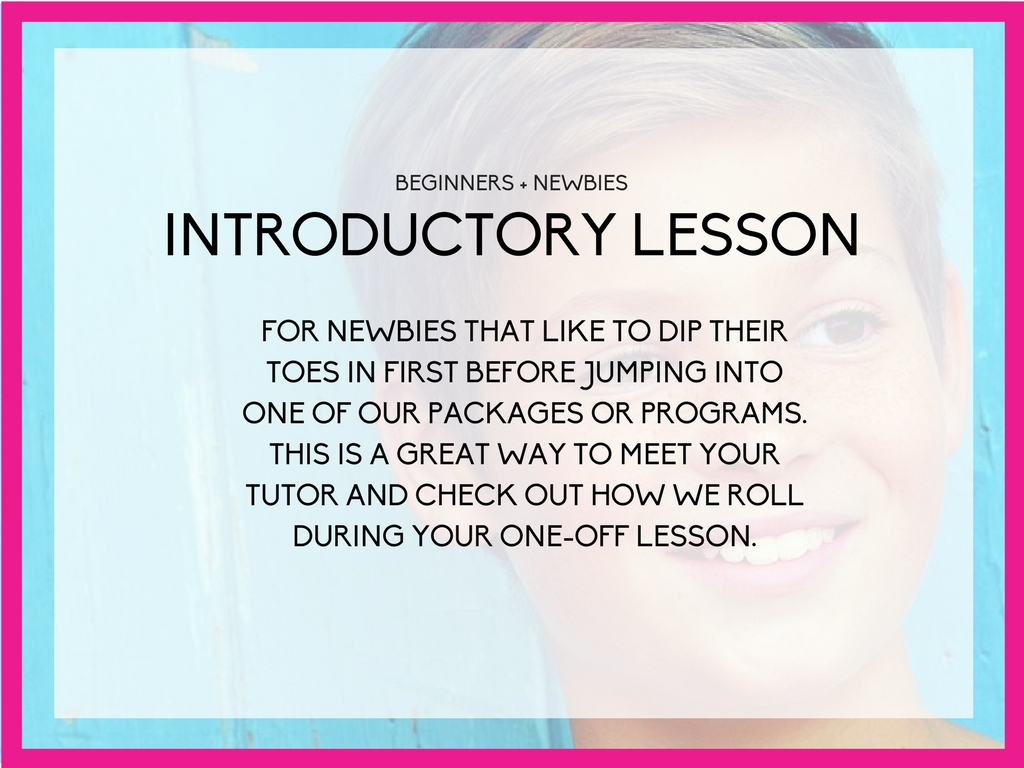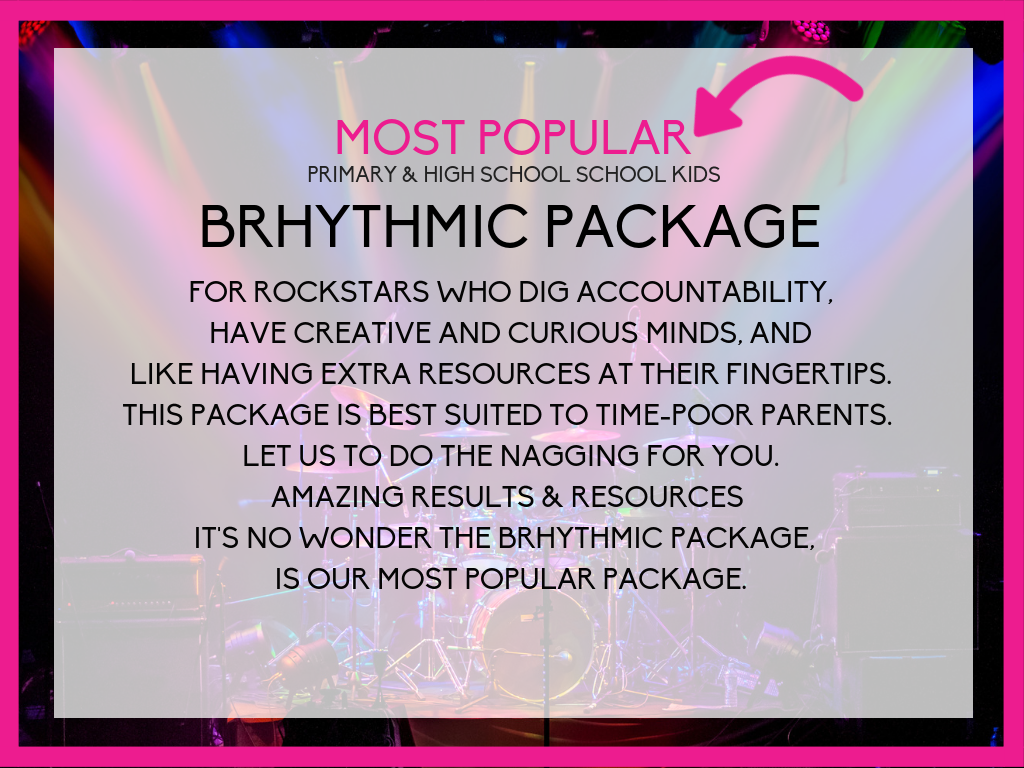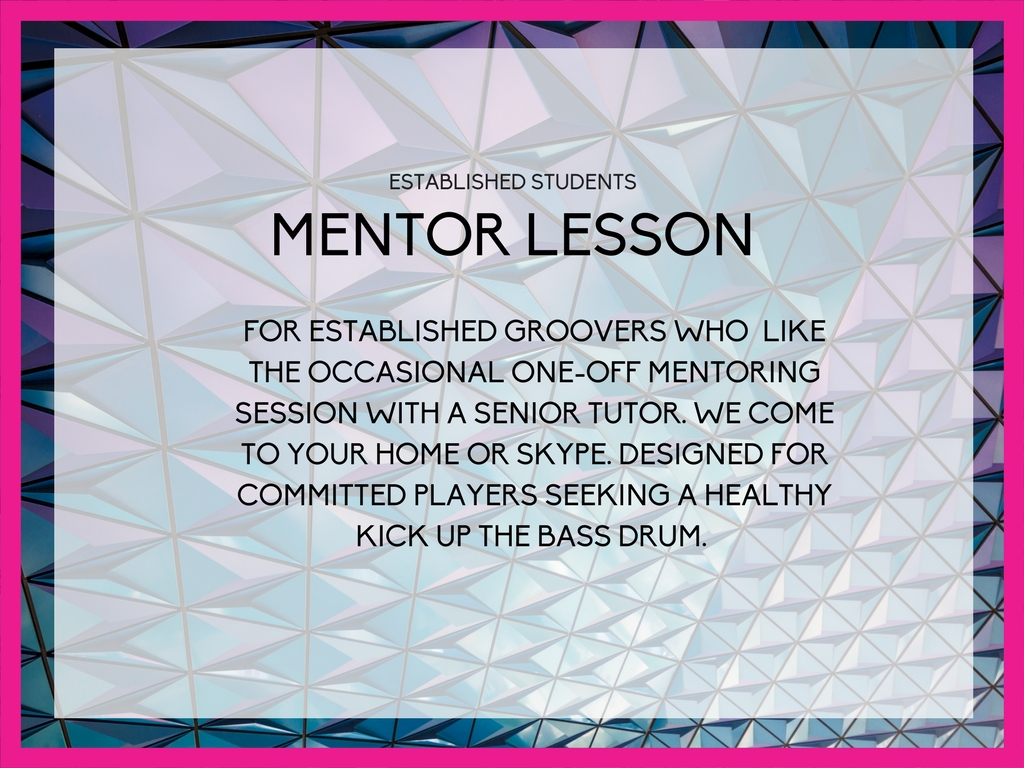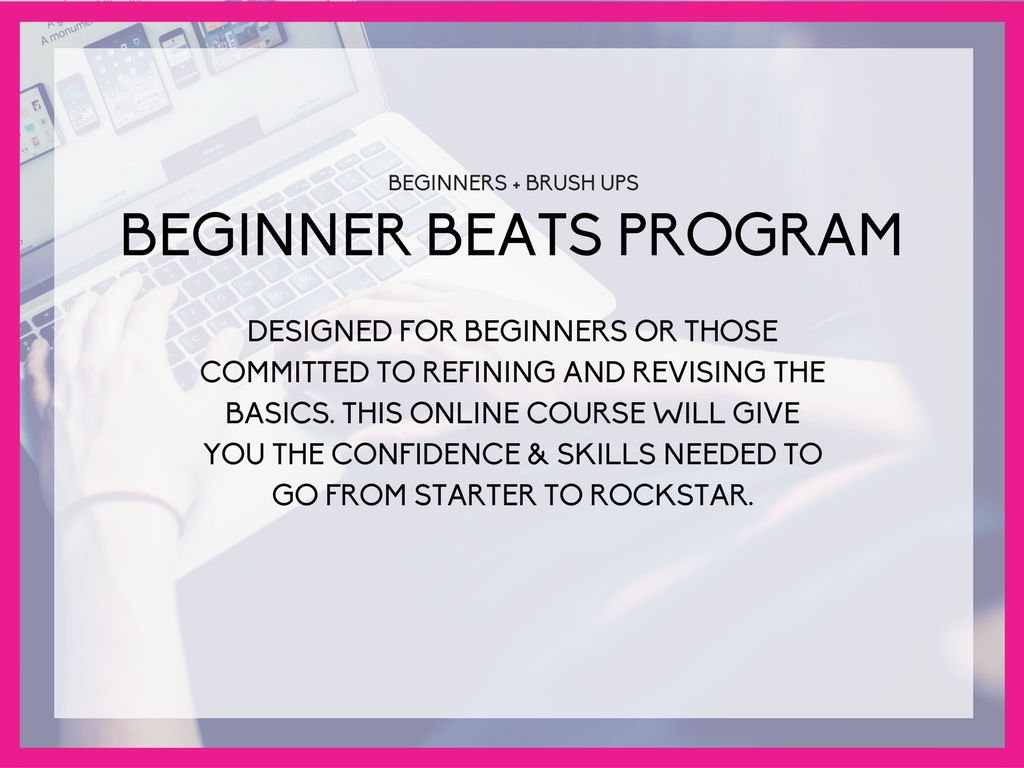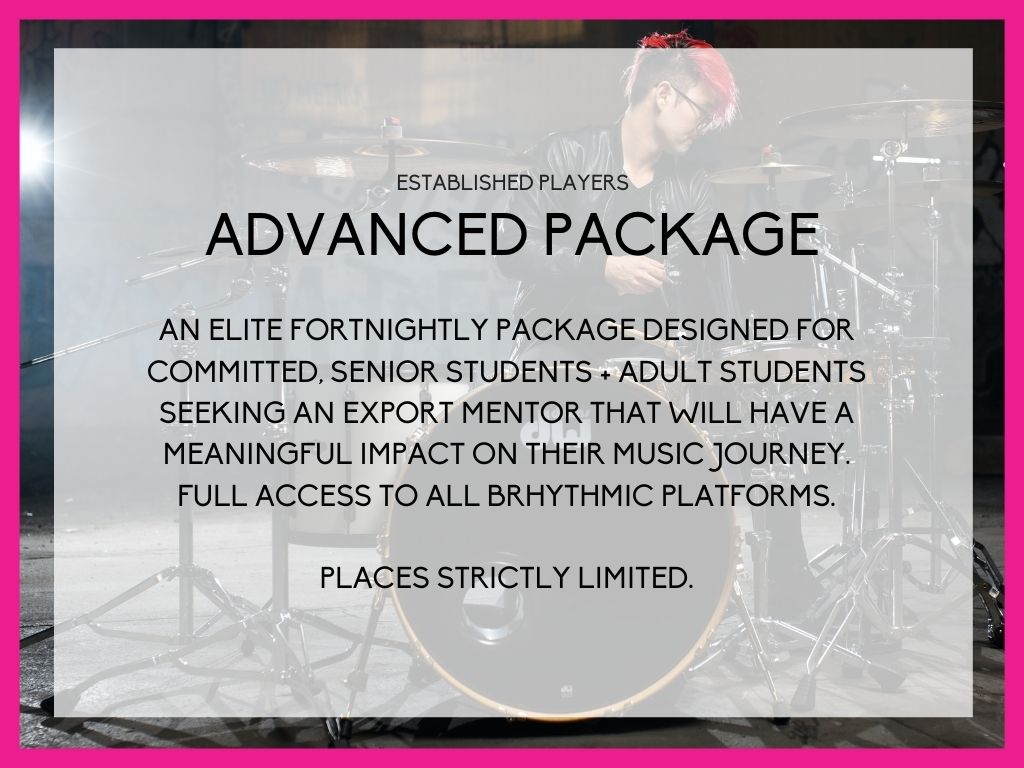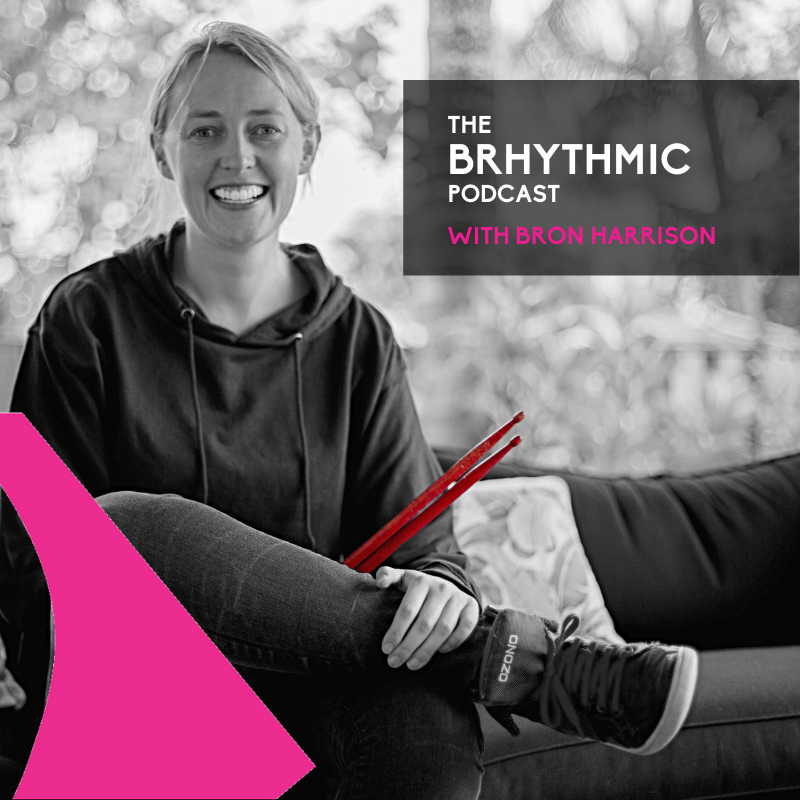
The BRHYTHMIC podcast. This podcast is specifically designed for music students, their parents and music tutors. Produced by Bron Harrison and the team at BRHYTHMIC, each episode contains nuggets of gold for you to sink your musical teeth into.
When Neuroscientist, Peter Simpson-Young approached me, as an expert in rhythm, and introduced me to two doctors and leading researchers in the field of music and the brain, I jumped at the bit to participate in their project. Dr. Neil Todd and Dr. Sendhil Govender are studying rhythm and timing skills using EEG to record brain activity.
Marc and I took ourselves down to the Institute of Neurological Sciences at the Prince of Wales Hospital in Sydney and both doctors proceeded to wire up our brains to record our brain activity whilst responding to a rhythmical stimulus that varied in pitch and amplitude. The doctors were comparing the difference in brain activity and responsiveness between those that had been trained in music and those that hadn’t.
So the good news, is, they found a brain, and the better news is that whilst I can’t spill the beans yet on the outcomes of the study, let’s just put it this way, us musos are looking pretty smart along side of our non-musical folk.
It is well documented that music has a positive impact on the brain. In fact, dopamine is released in the brains striatum when we listen to music, particularly at the peak of a song. This part of the brain is responsible for how we experience tangible pleasures, like food. Or what makes us get goosebumps when we listen to music. Playing a musical instrument can actually make you smarter. A study from 2008 showed that children with at least three years of music lessons performed better than their non-musical colleagues in a variety of areas.
Music has both a psychological and physiological effect on us and can change our mood at any time. It has the power to evoke feelings. Music can affect heart rate and is one of the most powerful ways to active memory, feelings, and emotion in the brain. It is one of the most powerful ways to engage and activate the brain.
We will keep you posted when they release the results.
Have a musical day!
Further reading and resources:
Egermann, H . (2014, September) Emotional Responses to Music: Hauke Egermann at TEDxGhent. Retrieved from: https://youtu.be/kzFgoaZ9-VQ
BuzzFeedVideo (2017, February) How Music Affects Your Brian: Retrieved from: https://youtu.be/s19Fr-_WaXo
Hunt, A. (2015). Boundaries and potentials of traditional and alternative neuroscience research methods in music therapy research. Front. Hum. Neurosci. 39:342.
Life Noggin (2016, April) This Is Your Brain On Music. Retrieved from: https://youtu.be/g6-C4NmK0fM
Peretz, I. (2010). “Towards a neurobiology of musical emotion,” in Handbook of Music and Emotion: Theory, Research, and Applications, eds P. Juslin and J.
Sloboda (Oxford: Oxford University Press), 99–126.
Psych2Go (2015, July) Psychology of Music. Retrieved from: https://youtu.be/W6GI2vpCrbM
Samson, S., and Ehrlé, N. (2003). “Cerebral substrates for musical temporal processes,” in The Cognitive Neuroscience of Music, eds I. Peretz and R. Zatorre (New York, NY: Oxford University Press), 204–216.
Seeker (2013, March) How Music Affects Your Brain. Retrieved from: https://youtu.be/JpUVMpX62nw
van der Zwaag, M. D., Westerink, J. H., and van den Broek, E. L. (2011). Emotional and psychophysiological responses to tempo, mode, and percussiveness. Music. Sci. 15, 250–269.
Todd, N. Dr. (2015) Do Humans Possess a Second Sense of Hearing? A reprint from American Scientist the magazine of Sigma Xi, The Scientific Research Society. Triangle Park, NC, 27709, U.S.A
World Science Festival (2015, Marc) Neuroscientist Talks Music’s Effects on the Brain. Retrieved from: https://youtu.be/W6GI2vpCrbM
If you have enjoyed this article be sure to follow the BRHYTHMIC PODCAST for audio updates
BRHYTHMIC PODCAST is so snackable you can listen on the way to school





